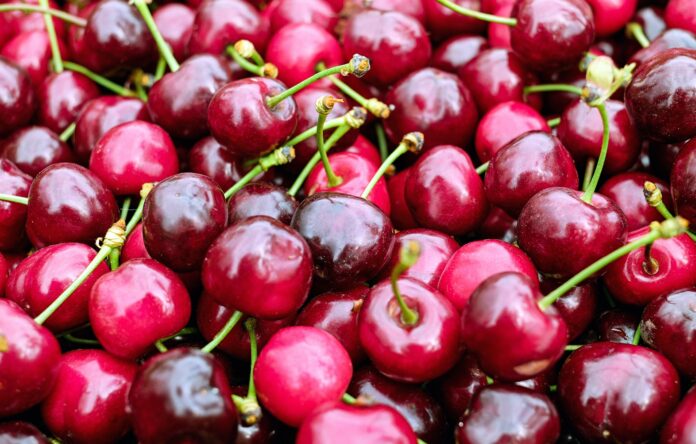In Japan, the Cherry Blossom has many purposes. It serves as a symbol for life and death, it is a cultural marker, and the annual Cherry Blossom Festival in the island nation attracts tourists from around the world every year.
Scenic views of Cherry gardens stretching as far as the eye can see with their gentle pink petals scattered all over the floor have become synonymous with the land of the rising sun. Despite this, Japan does not even crack the list of the top 25 cherry producing countries in the world. In fact, they rank number 26 on the list. Surprisingly enough, Turkey is the largest producer of cherries in the world and the biggest exporter is the South American country Chile.
And then there is Pakistan, which finds itself way down on the list (number 48) of cherry producing countries in the world. At just over 6000 tonnes produced a year, cherries are neither a major agricultural product for Pakistan and nor do we export any. The unfortunate part is that Pakistan very much could be. In the North, vast swathes of Gilgit-Baltistan (GB) are ideal for growing cherries. They have been grown in the region for centuries and this is in fact where most of Pakistan’s cherries come from. But that isn’t all. Balochistan over the past few years has also emerged as a great location for growing cherries.
With all this the question arises, can Pakistan utilise its cherry potential and become an exporter? The answer is yes, and we’re already on the path to do exactly so. A report from last week revealed that following the opening of the China-Pakistan border on April 1, the Chinese government has allowed the import of cherries from Pakistan. China is actually a very large emerging market for Pakistan’s cherries. The only problem is that the Chinese have very strict regulations on the import of perishable fruits. So what can Pakistan do to encourage cherry farming and open up a rich new market for farmers? The content in this publication is expensive to produce. But unlike other journalistic outfits, business publications have to cover the very organizations that directly give them advertisements. Hence, this large source of revenue, which is the lifeblood of other media houses, is severely compromised on account of Profit’s no-compromise policy when it comes to our reporting. No wonder, Profit has lost multiple ad deals, worth tens of millions of rupees, due to stories that held big businesses to account. Hence, for our work to continue unfettered, it must be supported by discerning readers who know the value of quality business journalism, not just for the economy but for the society as a whole.To read the full article, subscribe and support independent business journalism in Pakistan










Cherries from Pakistan are actually being sold in China, which is a very huge emerging market.